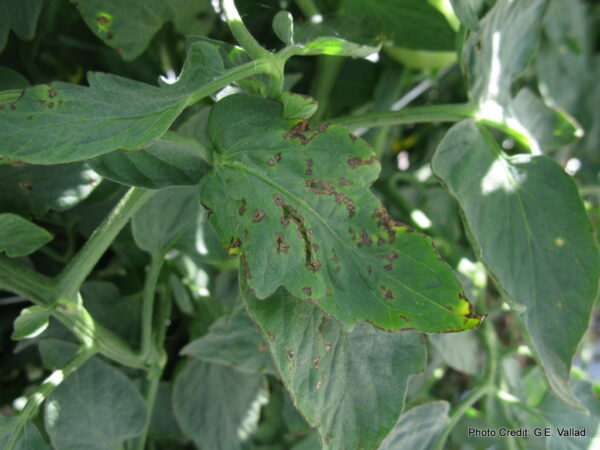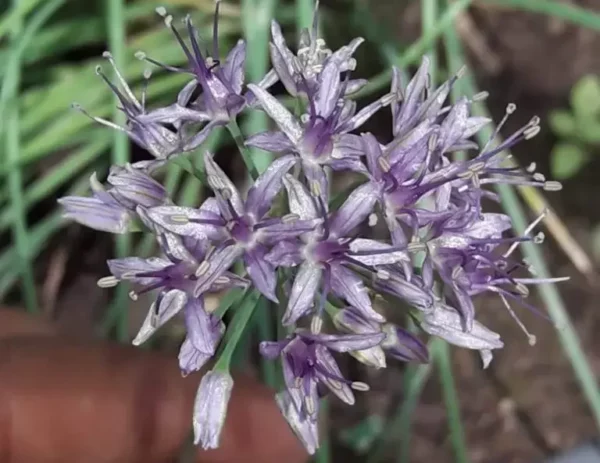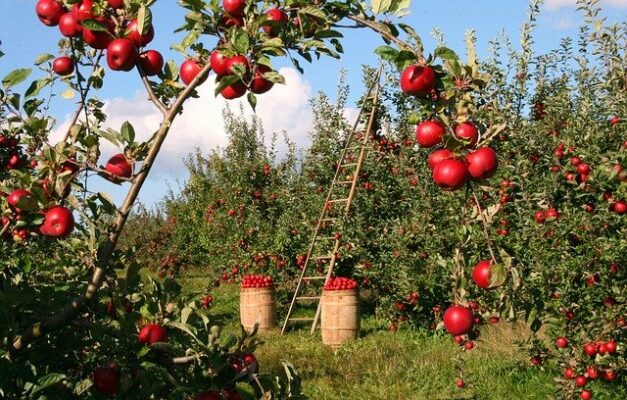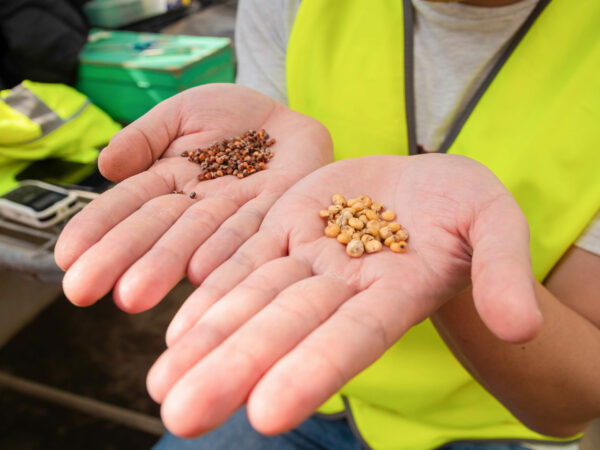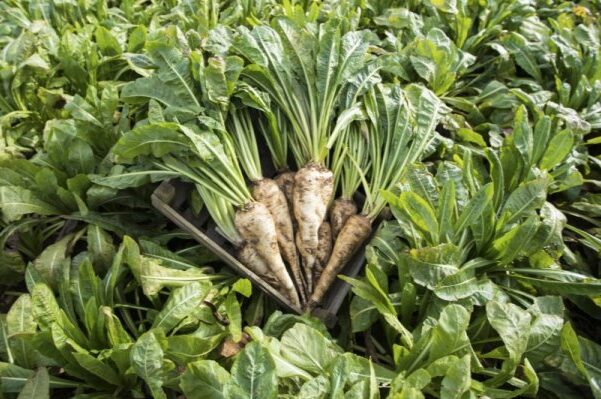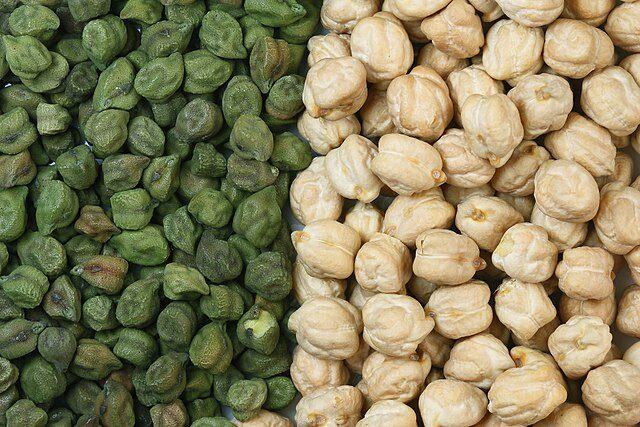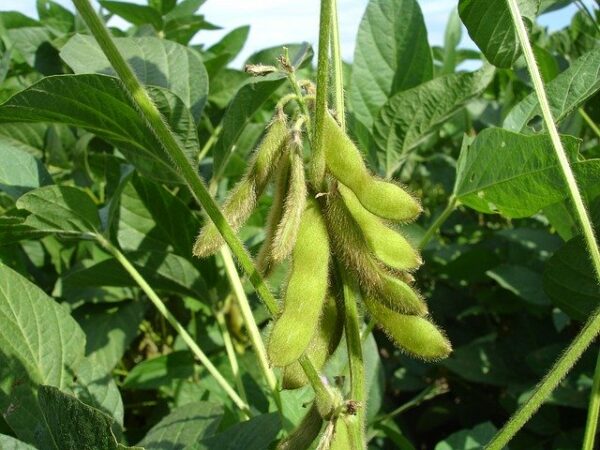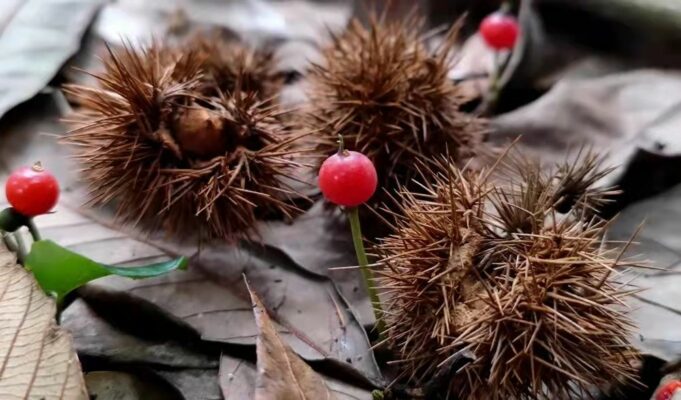
Fruits can be dichotomously classified as fleshy or dry. Although many factors have been proposed to explain the pattern that the fleshy-fruited species occur with deceasing latitude and altitude, the relative importance of these factors has not yet been resolved. Researchers have investigated in a recent study factors affecting fruit type (fleshy vs. dry): plant growth form, environmental constraints (summarized by climate region), and phylogenetic conservatism.


